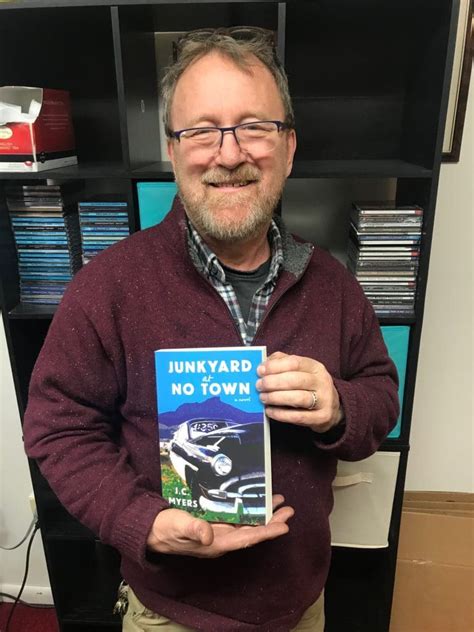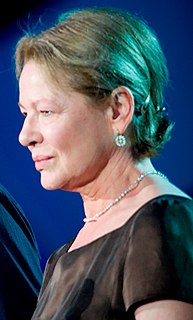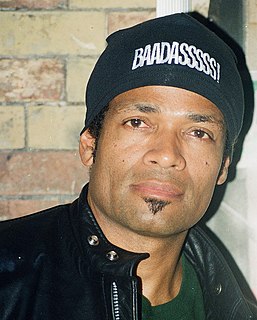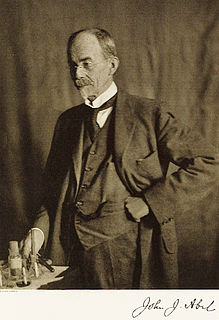A Quote by T. Colin Campbell
If you flip a coin three times and it lands on heads each time, it’s probably chance. If you flip it a hundred times and it lands on heads each time, you can be pretty sure the coin has heads on both sides. That’s the concept behind statistical significance—it’s the odds that the correlation (or other finding) is real, that it isn’t just random chance.
Related Quotes
There was no protection, no quota system when it came to luck. It was like that moment in math when a child learns that the odds of heads or tails is always one-in-two, no matter how many times one has flipped the coin and gotten heads. Every flip, the odds are the same. Every day, you could be unlucky all over again.
If you cannot always elicit a straight answer from the unconscious brain, how can you access its knowledge? Sometimes the trick is merely to probe what your gut is telling you. So the next time a friend laments that she cannot decide between two options, tell her the easiest way to solve her problem: flip a coin. She should specify which option belongs to heads and which to tails, and then let the coin fly. The important part is to assess her gut feeling after the coin lands. If she feels a subtle sense of relief at being "told" what to do by the coin, that's the right choice for her.
Above all, mine is a love story. Unlike most love stories, this one involves chance, gravity, a dash of head trauma. It began with a coin toss. The coin came up tails. I was heads. Had it gone my way, there might not be a story at all. Just a chapter, or a sentence in a book whose greater theme had yet to be determined. Maybe this chapter would've had the faintest whisper of love about it. But maybe not. Sometimes, a girl needs to lose.


























